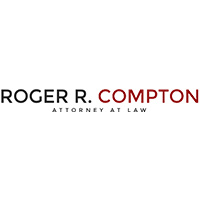Rex Bankruptcy & Debt Lawyer, North Carolina
Sponsored Law Firm
-
 x
x

Click For More Info:
-
Oliver & Cheek, PLLC
405 Middle Street New Bern, NC 28560» view mapBankruptcy & Debt Law Your Business Partner
Oliver & Cheek, PLLC is a full service business firm providing a wide range of legal services to clients in North Carolina.
252-633-1930
Roger R. Compton
✓ VERIFIEDBankruptcy & Debt, Family Law, Divorce, Traffic
At the North Carolina law firm of Roger R. Compton, Attorney At Law, our attorneys provide experienced and dedicated representation. From initial cons... (more)
James A. Mclean
Workers' Compensation, Civil & Human Rights, Corporate, Bankruptcy
Status: In Good Standing
Christopher T. Salyer
Foreclosure, Child Custody, Merger & Acquisition, Collection
Status: In Good Standing
John Cowles Tally
Business Organization, Collection, Commercial Leasing, Commercial Real Estate
Status: Deceased Licensed: 50 Years
Lloyd Clifford Brisson
Traffic, Insurance, Bankruptcy & Debt, Accident & Injury
Status: In Good Standing Licensed: 46 Years
Terry Hutchens
Business, Accident & Injury, Workers' Compensation, Bankruptcy & Debt
FREE CONSULTATION
CONTACT George Oliver New Bern, NC
George Oliver New Bern, NC AboutOliver & Cheek, PLLC
AboutOliver & Cheek, PLLC Practice AreasExpertise
Practice AreasExpertise

